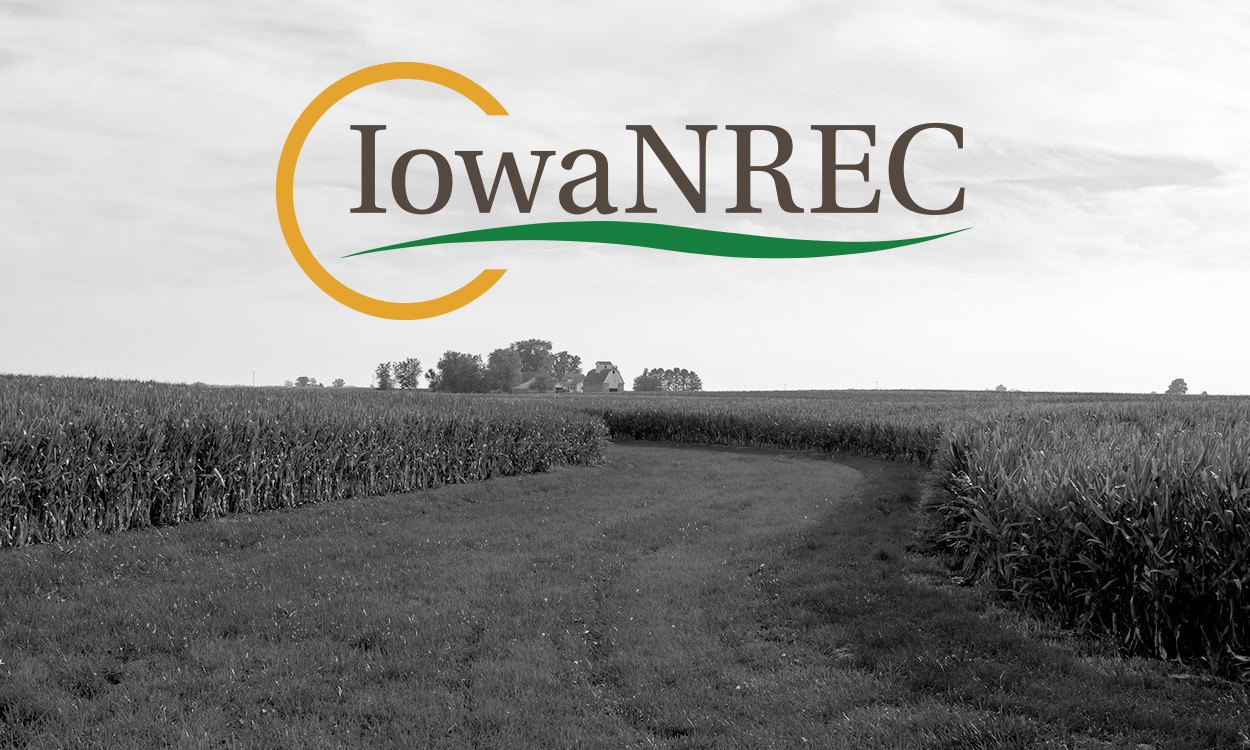Agronomy retailer and crop adviser records of farmer’s actions to adopt will be statistically surveyed statewide. All individual farmer data will remain confidential within private organization data firewalls. Information collected will be aggregated and provided to Iowa State University to generate load reduction estimates based on practice info. Data collection will be from sampled farms, randomized to assure statistical significance. The data collection and analysis system will be piloted for each of three (3) years to refine procedures before expansion geographically across Iowa. Outcomes will be communicated in tons of nitrogen and phosphorus reductions to Iowa waters, in the same measures as similar progress reporting by Iowa point source cities and industries.
The pilot project will:
- Develop design protocol for in-field data collection and validation
- Collect, validate, and maintain confidentiality of statistically sampled farm and agronomy retailer data
- Aggregate in-field data and provide to ISU nutrient science team to estimate load reductions from practices
Measurement of progress by cities, industries and farmers in taking actions to reduce nutrients to Iowa waters is necessary to inform the success of the Iowa Nutrient Reduction Strategy as well as to inform the public.
